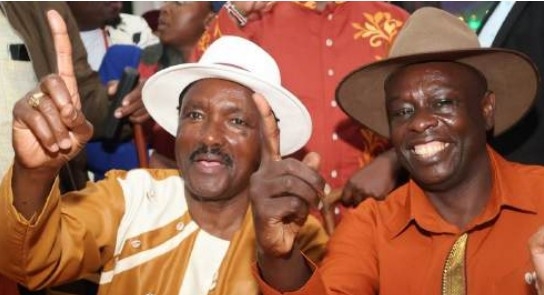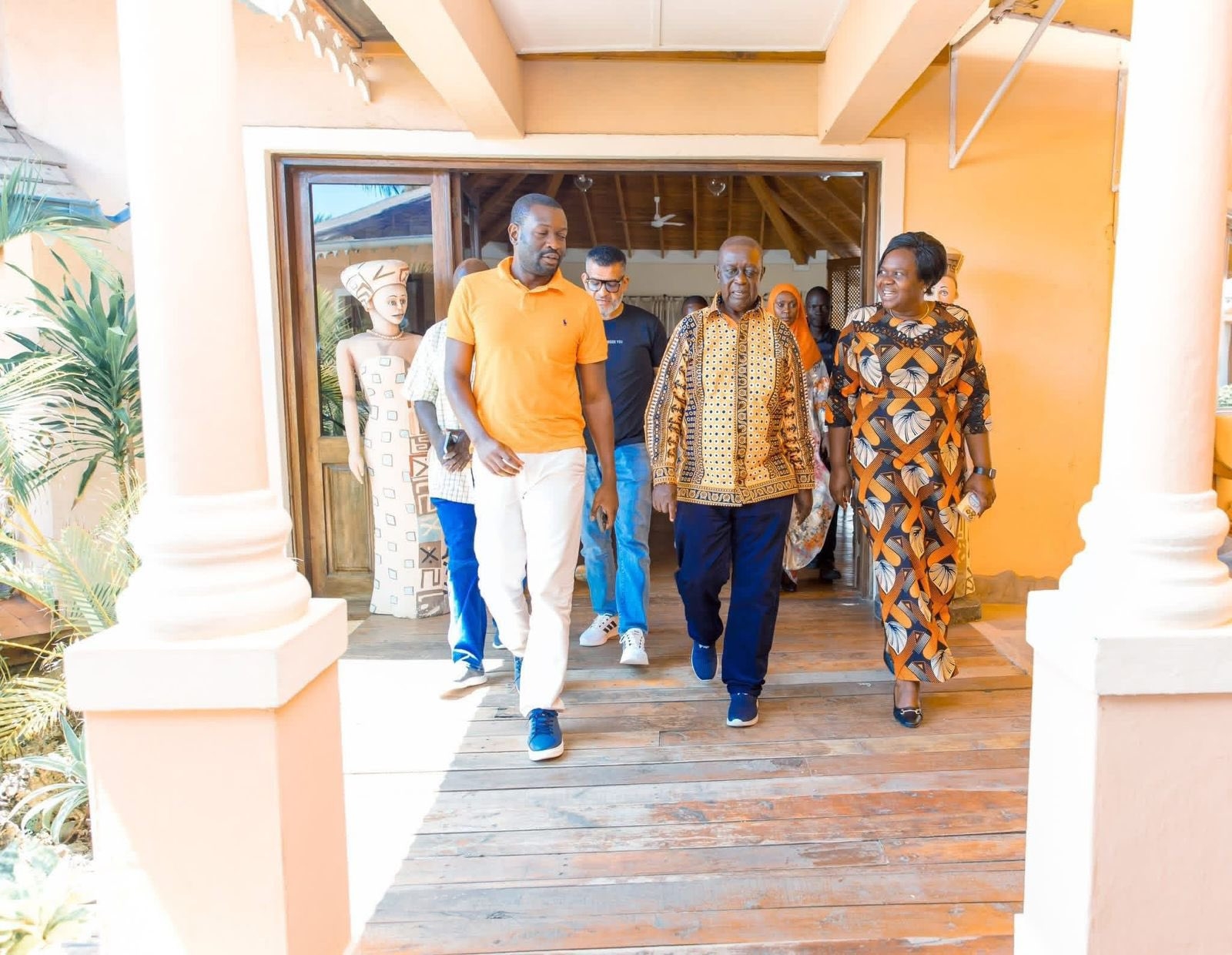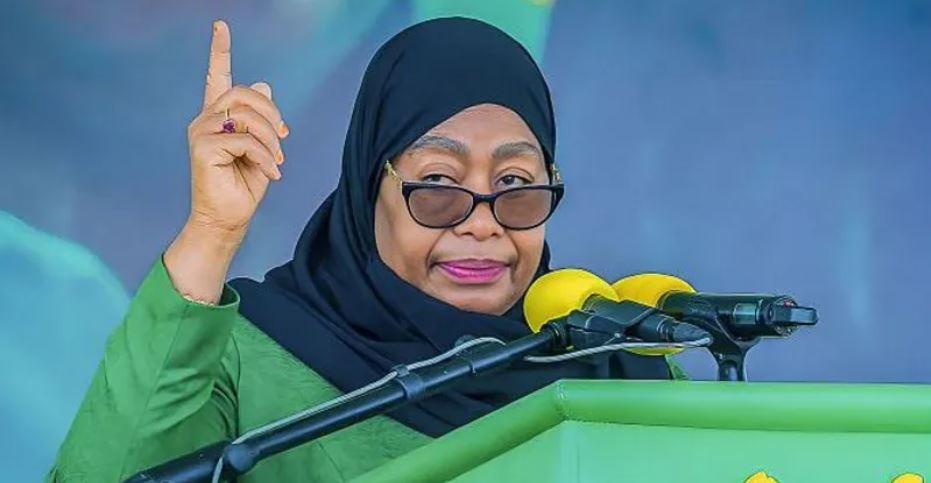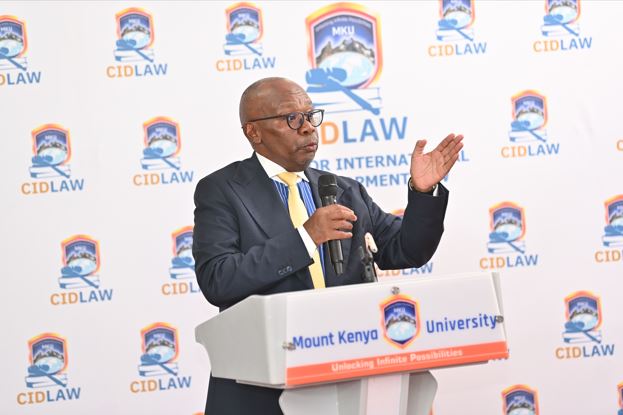
Young lawyers in Kenya and Africa have been challenged to play a bigger role in international arbitration cases, which are increasingly being filed by multinationals against African countries.
In recent years, there has been a spate of cases lodged in arbitration centres and courts by international firms accusing African states of failing to uphold contractual obligations to provide a safe operating environment after their ventures failed to take off.
Former Attorney General Githu Muigai said many of these governments outsource legal defence to foreign law firms, despite having the capacity to manage the cases locally.
Muigai, an expert in arbitration and international law, noted that Kenya's Office of the Attorney General has successfully defended several such cases. He added that efforts should go further to include stronger vigilance when signing agreements involving multinationals.
“Very major arbitrations involve Africa, but very few African arbitrators are involved in resolving these disputes… you have old white men in these cases who are far removed from the context of the disputes, especially the social, environmental, and cultural issues that are very important,” said Muigai during a talk at Mount Kenya University’s School of Law.
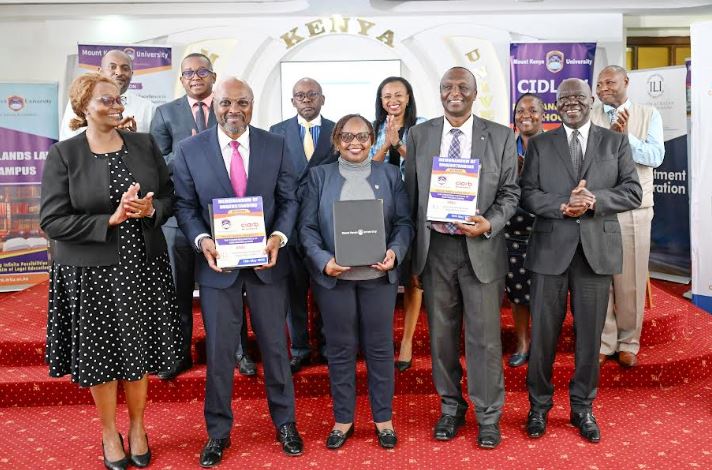
Citing his own experience as Attorney General, he dispelled the notion that local lawyers are not competent, stating that he had successfully handled major international cases lodged against Kenya by multinationals.
Muigai also criticised the international arbitration space as being full of opportunists, citing instances where investors did little or no work but later claimed billions in compensation after licences were revoked for failure to meet obligations.
“What used to happen is that such a file would be handed almost entirely to a law firm in Europe. The AG's office would serve as a mailbox—letters would arrive and be forwarded to the ministry,” he said, noting that the situation has changed, with the AG’s office now among the most robust in the country.
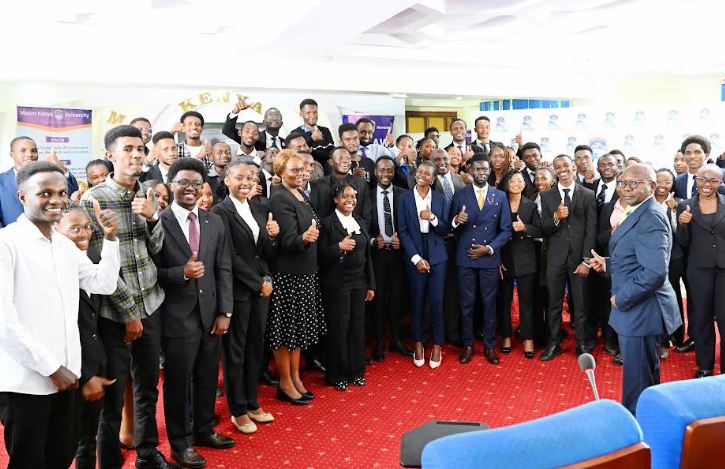
During his tenure as AG, Muigai led the defence in several high-profile cases, including one lodged by Cortec Mining at the International Centre for Settlement of Investment Disputes (ICSID), in which the company sought KSh200 billion over the revocation of a licence to mine rare earth minerals at Mrima Hill in Kwale County.
He also handled the World Duty Free case and represented Kenya at the International Criminal Court (ICC) in The Hague as an amicus, when former President Uhuru Kenyatta, President William Ruto, and other Kenyans were charged.
Muigai recalled being advised to hire foreign lawyers at the ICC but chose to rely on his own team.
“I recall when Kenya was pulled into the ICC and Kenyans were taken before the court, I was advised to hire a QC (Queen’s Counsel). But I said, ‘I know my case, I have prepared my case.’ We never hired a QC. We went there ourselves,” he said, expressing pride in his team’s performance and encouraging law students to believe in their own capabilities.
“When I left the ICC, I thought... many Kenyans can do far much better.”
Muigai addressed MKU students on Monday during the signing of a tripartite Memorandum of Understanding (MoU) between MKU’s Centre for International and Development Law (CIDLaw), the Chartered Institute of Arbitrators – Kenya (CIArb), and the ILI – South African Centre for Excellence (ILI-SACE).
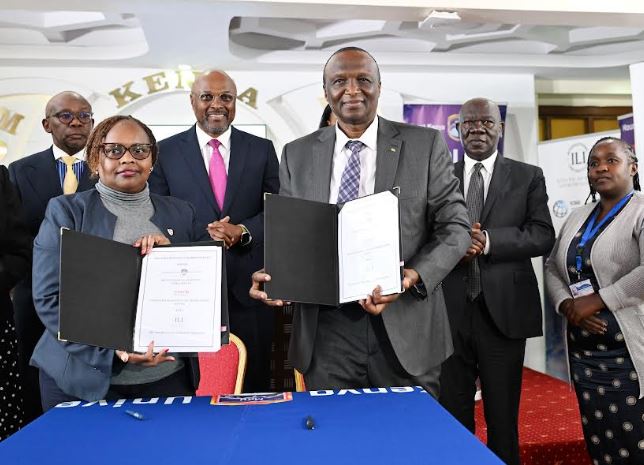
The MoU establishes a framework for collaboration in Alternative Dispute Resolution (ADR), focusing on investment arbitration and Environmental, Social and Governance (ESG) compliance.
Through the agreement, MKU, via CIDLaw, will contribute academic infrastructure and student outreach; CIArb will provide arbitration expertise and global networks; and ILI-SACE will offer international standards in arbitration and ESG compliance training.
MKU stated that the MoU prioritises capacity building, innovation in legal practice, and advancing justice through practical, world-class education.
MKU Vice-Chancellor Prof. Deogratius Jaganyi said key activities under the MoU include public lectures on investment arbitration and emerging legal themes, including ESG compliance.
“Without deliberate and strategic action toward sustainability, we risk compromising the future of the next generation,” he said.
“Arbitration plays a vital role in fostering sustainable economic growth and ensuring fair, transparent dispute resolution across the continent. The cost-efficiency, effectiveness, and flexibility of arbitration appeal to many business owners in Kenya more than court litigation. We applaud the government, through the AG’s office and the judiciary, for embracing arbitration in the Kenyan legal system.”
The institutions plan to offer international, cross-border training, with the first scheduled for August.
They will jointly deliver arbitration training and certification, with CIArb offering discounted entry courses and ILI-SACE providing advanced modules.
The collaboration also includes joint research on ESG compliance, public-private mediation, and integrating investment arbitration into Kenya’s trade ecosystem.
Results will be published in peer-reviewed journals, policy briefs, and institutional repositories. Curriculum enrichment at MKU will be supported through guest lectures, masterclasses, and mentorship forums.
“By signing this MoU, we aim to produce seasoned arbitrators aware of global and regional legal needs. I encourage all interested individuals to take full advantage of the training and future collaborations,” said Prof. Jaganyi.
The partners will also develop CPD-accredited programs for legal and corporate professionals across East and Southern Africa and host moot court competitions, ADR conferences, and roundtables.
Attorney General Dorcas Oduor, in a statement delivered by Deputy Solicitor General Ms. Njeri Wachira, said the MoU reflects the urgent need to rethink how Africa prepares its future legal minds.
“The lawyer Africa needs today is not the lawyer of yesterday. The complexities of investment disputes, the tension between development and sustainability, and the balance between sovereignty and global engagement require a new type of legal professional,” she said.
Oduor noted that the government has taken steps to safeguard national interests, including terminating or renegotiating outdated Bilateral Investment Treaties that contain harmful provisions.
“We stand at an inflection point. Africa’s mineral wealth, youthful population, and growing digital economy are attracting global attention. This brings both opportunity and challenge,” she said.
“Will we passively accept legal frameworks devised elsewhere, or actively shape systems that reflect our values and aspirations? The answer lies in our commitment to initiatives like this—ones that build capacity, encourage innovation, and centre African voices in global legal discourse."






